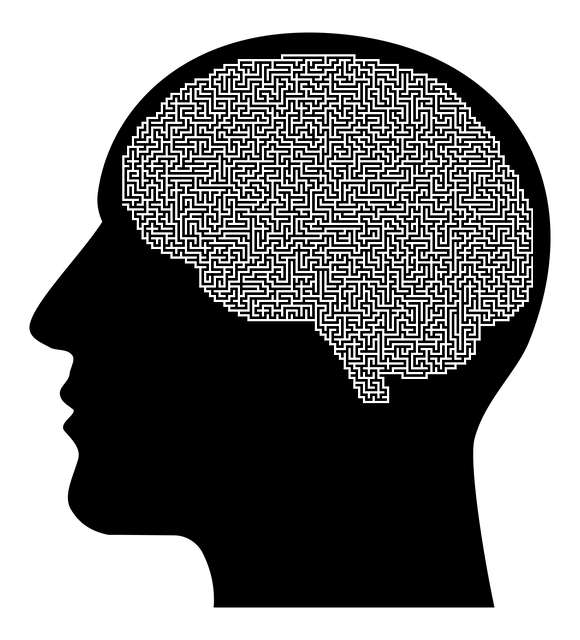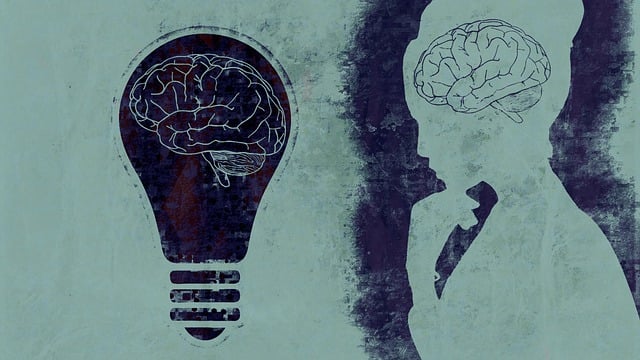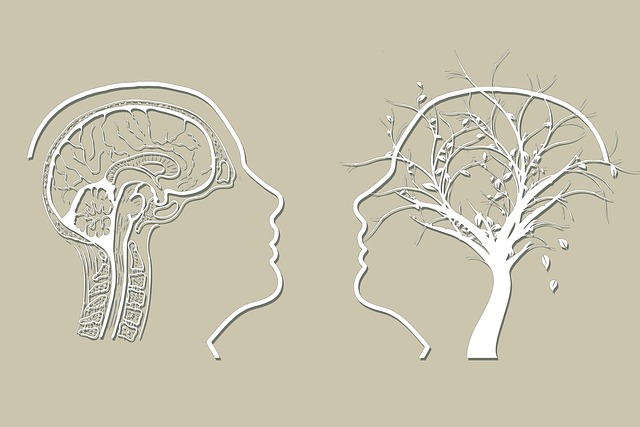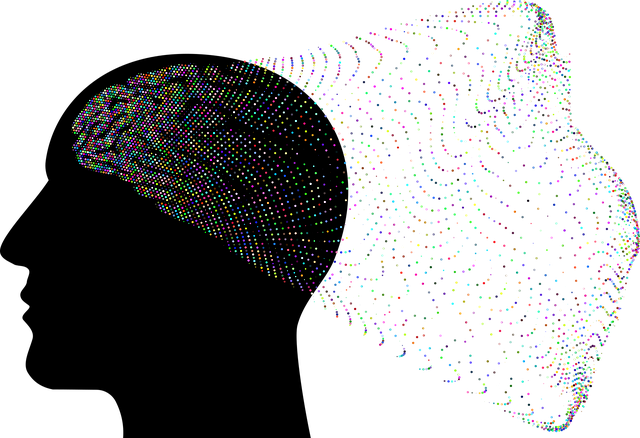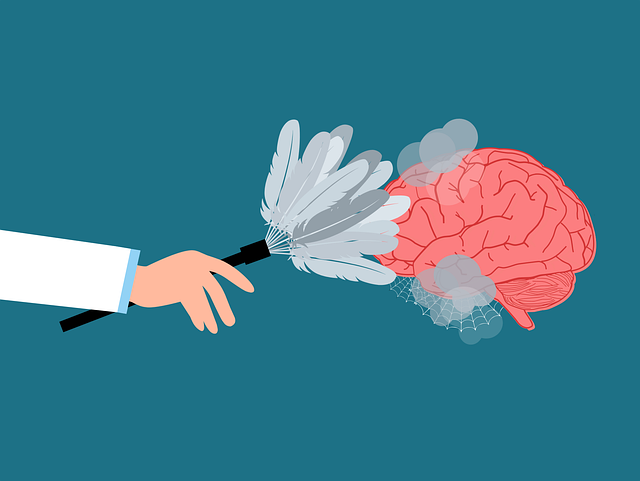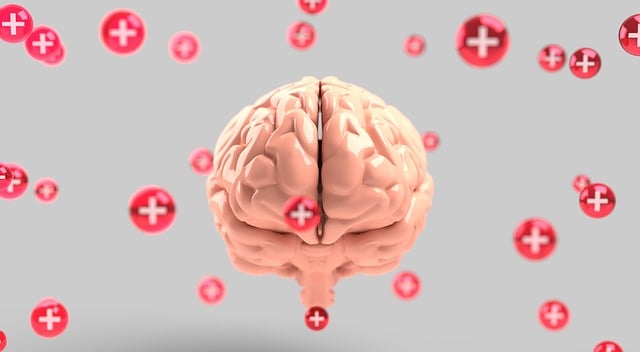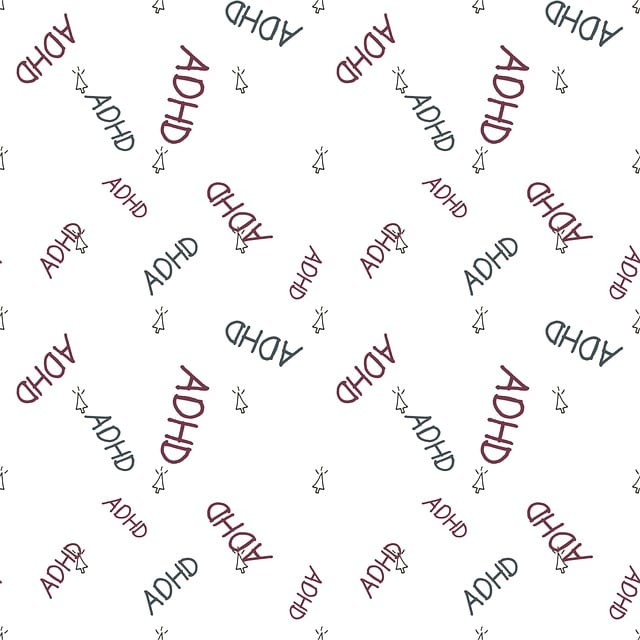Mental wellness journaling is a powerful tool for reflection, self-discovery, and emotional processing, encouraged at Wheat Ridge Eating Disorders Therapy. It offers burnout prevention strategies for healthcare providers, cultivates compassion, and aids individuals in developing coping mechanisms and improving self-esteem. By incorporating personalized techniques, such as writing with self-compassion, acknowledging strengths, and celebrating resilience, journaling can facilitate healing from eating disorders while enhancing overall mental wellness.
Mental wellness journaling is a powerful tool for self-discovery and growth. In this article, we explore how this practice can enhance your well-being, drawing insights from Wheat Ridge Eating Disorders Therapy. We’ll guide you through understanding the benefits, creating a personalized routine, and employing effective techniques tailored to address eating disorders. Discover how journaling can offer a safe space for reflection, self-compassion, and recovery journeys unique to each individual.
- Understanding the Power of Mental Wellness Journaling
- Creating Your Personalized Journaling Practice
- Effective Techniques for Journaling with Wheat Ridge Eating Disorders Therapy in Mind
Understanding the Power of Mental Wellness Journaling

Mental wellness journaling is a powerful tool that can significantly enhance one’s journey towards better mental health and self-discovery. By dedicating time to reflect and record thoughts, feelings, and experiences, individuals can gain valuable insights into their emotional states and identify patterns that contribute to stress, anxiety, or even eating disorders like those treated at Wheat Ridge Eating Disorders Therapy. This practice allows for a safe space to explore one’s mind, fostering self-awareness and personal growth.
In today’s fast-paced world, where burnout prevention strategies for healthcare providers are essential, mental wellness journaling offers a moment of respite. It encourages individuals to cultivate compassion within themselves and develop coping mechanisms to navigate life’s challenges. The act of writing can be therapeutic, helping to process complex emotions, promote healing, and build resilience, especially when combined with cultural sensitivity in mental healthcare practice.
Creating Your Personalized Journaling Practice

Creating your personalized journaling practice is a powerful way to nurture mental wellness and self-care. At Wheat Ridge Eating Disorders Therapy, we encourage clients to use journaling as a therapeutic tool to explore emotions, track progress, and cultivate positive thinking. Start by setting aside dedicated time each day or week for your journal—a quiet moment where you can be present with yourself. Choose a format that resonates with you; it could be a traditional notebook, a digital document, or even a series of cards. Some people prefer free-flowing writing, while others enjoy creating art or using prompts to guide their thoughts.
Incorporate practices that align with your goals. For instance, if burnout prevention is a priority, consider including strategies like gratitude lists, affirmations, or reflecting on small victories. Healthcare providers among our clientele often find it beneficial to document their day, noting challenging interactions and the subsequent learning or coping mechanisms employed. This practice not only supports self-awareness but also helps in processing complex emotions and preventing burnout.
Effective Techniques for Journaling with Wheat Ridge Eating Disorders Therapy in Mind

Effective journaling techniques can greatly enhance mental wellness, especially when tailored to address specific challenges like those managed by Wheat Ridge Eating Disorders Therapy. One powerful approach is incorporating compassion cultivation practices into your journal entries. This involves writing from a place of self-compassion and kindness towards yourself, particularly in moments of difficulty or self-doubt. Encourage reflections on how you would comfort a friend in a similar situation; this can help shift perspectives and foster emotional intelligence.
Additionally, focusing on self-esteem improvement through journaling is a valuable strategy. Dedicate space to acknowledge your strengths, achievements, and unique qualities. Reflect on moments of courage or resilience, and celebrate them as evidence of your inner strength. Such practices not only boost self-worth but also provide a tangible record of personal growth over time. This process can be particularly beneficial in countering negative thoughts and behaviors often associated with eating disorders.
Mental wellness journaling is a powerful tool for self-reflection and growth, as evidenced by practices like those offered by Wheat Ridge Eating Disorders Therapy. By creating a personalized routine and employing effective techniques, individuals can harness the benefits of journaling to enhance their mental well-being. This simple yet profound practice invites folks to navigate their thoughts, emotions, and experiences in a safe and supportive way. Remember that, through consistent engagement, journaling can become a game-changer in fostering resilience and personal development.

